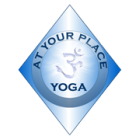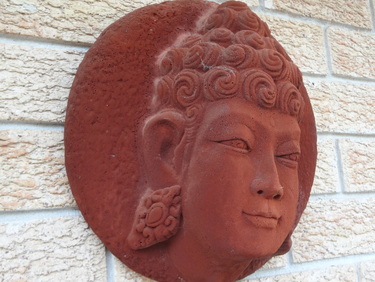Making an honest assessment of yourself is the first (and sometimes the hardest) step. We all have ideals we would like to live up to, and personal development goals we are striving toward, but to reach these we need to know the point we are at now. Look at your approach to the things in your life, such as your work, your family, and your relationships. Imagine that your good friends were describing your personality. It may be useful to write a list of these strengths & weaknesses.
If you have a tendency to judge yourself and others, to compete and compare, then you may imbue your whole asana (physical) practice with a meditation on loving kindness, thus developing the quality of compassion. If you know that difficulty initiating activity, or procrastination is typical for you, then a regular routine might suit you. If you find yourself easily bored, you may choose lots of variety and different options in your practice.
If you know you have a tendency to over activity, agitation or nervousness, then you may decide to start your practice with calming techniques. Deep breathing, specifically ujjayi breathing, forward bends and a slow mindful practice would create the balance that was the right effort for you. If your tendency is to be passive, inactive or sleepy, you may need to include more active practices, which encourage breathing and circulation. Salutes to the Sun, standing postures, and dynamic breath practices will balance your practice and be your right effort. It can be important to develop a routine so that you develop discipline in your practice. In the book "Mindfulness Meditation", Jon Kabat-Zinn explains this:
“The power of waking up early in the morning is so great that it can have a profound effect on a person’s life, .... I find early morning a wondrous time for formal meditation. No one else is up. The world’s rush hasn’t launched itself yet. I get out of bed and usually devote about an hour to being, without doing anything. On occasion it is difficult to wake up and either my mind or body resists.
But part of the value is in doing it anyway, even if I don’t feel like it.
One of the principal virtues of a daily discipline is an acquired transparency toward the appeals of transitory mood states. A commitment to getting up early to meditate becomes independent of wanting or not wanting to do so on a particular morning. The practice calls us to a higher standard – that of remembering the importance of wakefulness and the ease with which we can slip into a pattern of automatic living which lacks awareness and sensitivity.”
Right effort may be different on different days, but a regular practice allows you to observe all the ways the mind works, and how it can support you or sabotage you. Watch and listen - and find your right effort.




 RSS Feed
RSS Feed
